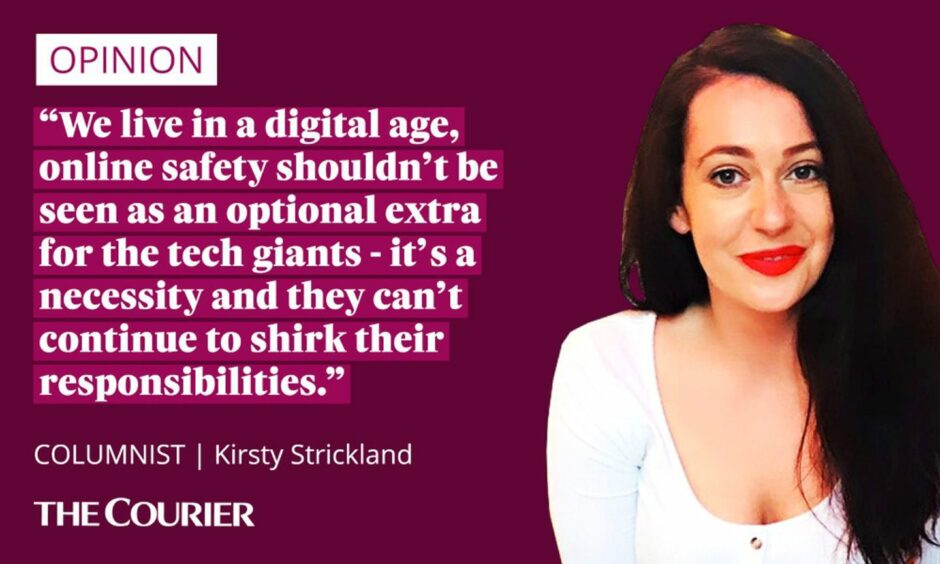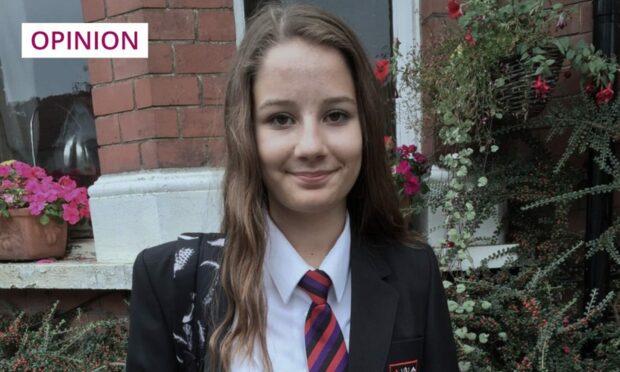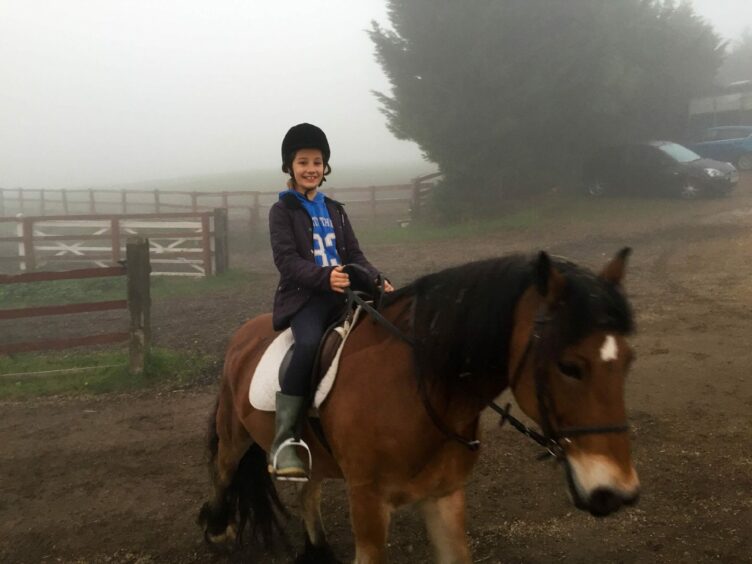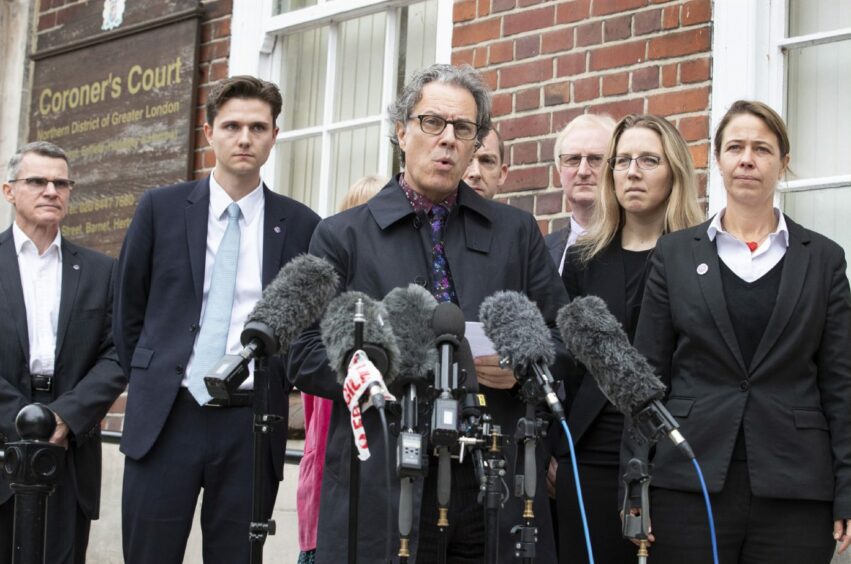Last week, an inquest found that social media content contributed “more than minimally” to the death of 14-year-old Molly Russell.
Molly took her own life in 2017.
The senior coroner for North London found that Molly had died from “an act of self-harm while suffering from depression and the negative effects of online content”.
“Molly subscribed to a number of online sites. She had access to images, video clips and text concerned with self-harm and suicide, or that were otherwise negative or depressing in nature,” he said.
Losing a child is every parent’s worst nightmare.
Molly’s parents have endured the most excruciating pain it is possible to feel.

Their determination to stop what happened to Molly happening to other children is an extraordinary act of love and courage.
We often hear about the dangers of social media. It can be an ugly and dangerous place, not least for children.
Most of the criticisms of the big online platforms focus on the lack of action from social media sites when users are abusive, hateful or threatening.
This case is not about how individuals behave on social media. It’s about how the platforms themselves can cause harm.
The inquest found that social media algorithms directed dangerous and distressing self-harm content to Molly.
The inquest was only shown a fraction of the thousands of images and videos that the sites had pushed her way, but the coroner still had to issue a warning to those attending the proceedings that what they were about to see was deeply upsetting.
One member of staff had to leave the room while a video that Molly had viewed on Instagram was shown.
‘Stop monetising misery’
Social media sites have a responsibility to users: particularly those that are young and vulnerable, as Molly was.
They should be held to the same standards as other publishers and media outlets.
Every article you read and every image you see in The Courier has been checked by a human before it is published.
It is inconceivable than content glorifying self-harm would ever appear in any traditional media outlet.
Yet these billion-dollar companies, whose reach extends far beyond that of any newspaper, behave as though the material on their sites is out of their control.
It’s not.
After the inquest into his daughter’s death concluded, Mr Russell said that he hoped the outcome would help prevent similar deaths.
He said the ‘’toxic corporate culture’’ at the heart of the world’s biggest social media platforms had to change, and urged them to stop ‘’monetising the misery’’ of young people.
“If this demented trail of life-sucking content was safe, my daughter Molly would probably still be alive and instead of being a bereaved family of four, there would be five of us looking forward to a life full of purpose and promise that lay ahead for our adorable Molly.’’
It’s a tragedy that Molly won’t get the chance to live that life of purpose and promise with her family.
She was badly let down by the social media companies who host and promote dangerous content, and who show little care for the vulnerable young people who might be affected by it.
We live in a digital age, online safety shouldn’t be seen as an optional extra for the tech giants – it’s a necessity and they can’t continue to shirk their responsibilities.
The wellbeing of our young people is paramount. It should be just as rigorously enforced online as it is offline.
During a time of great personal suffering, Molly’s family have shone a spotlight on an issue that blights the lives of too many young people.
It’s now up to the social media companies to show they have listened and learned.
If you are affected by the issues in this article and need support, call Samaritans any time on 116 123.













Conversation